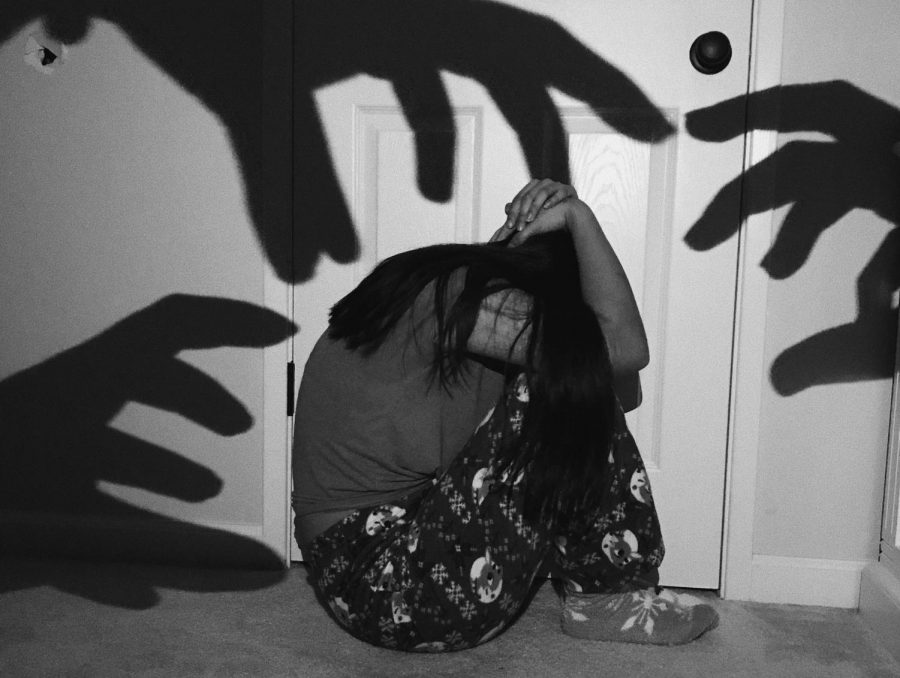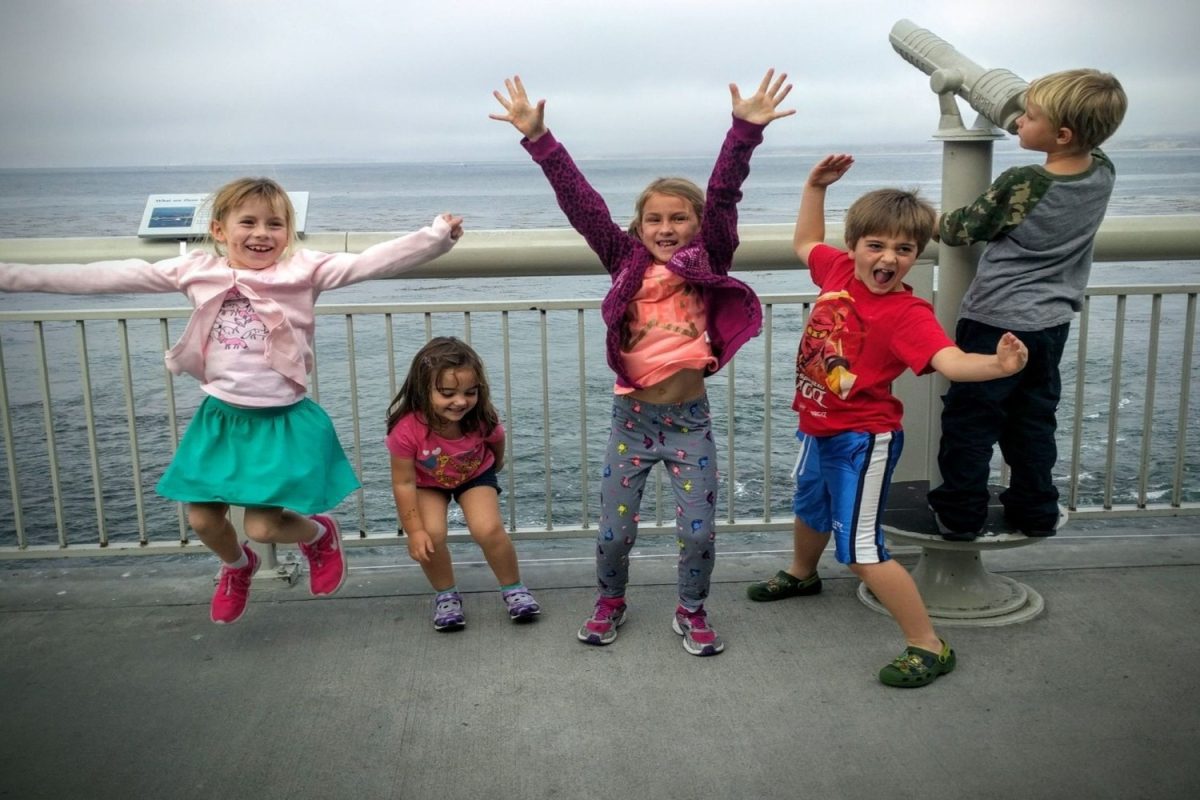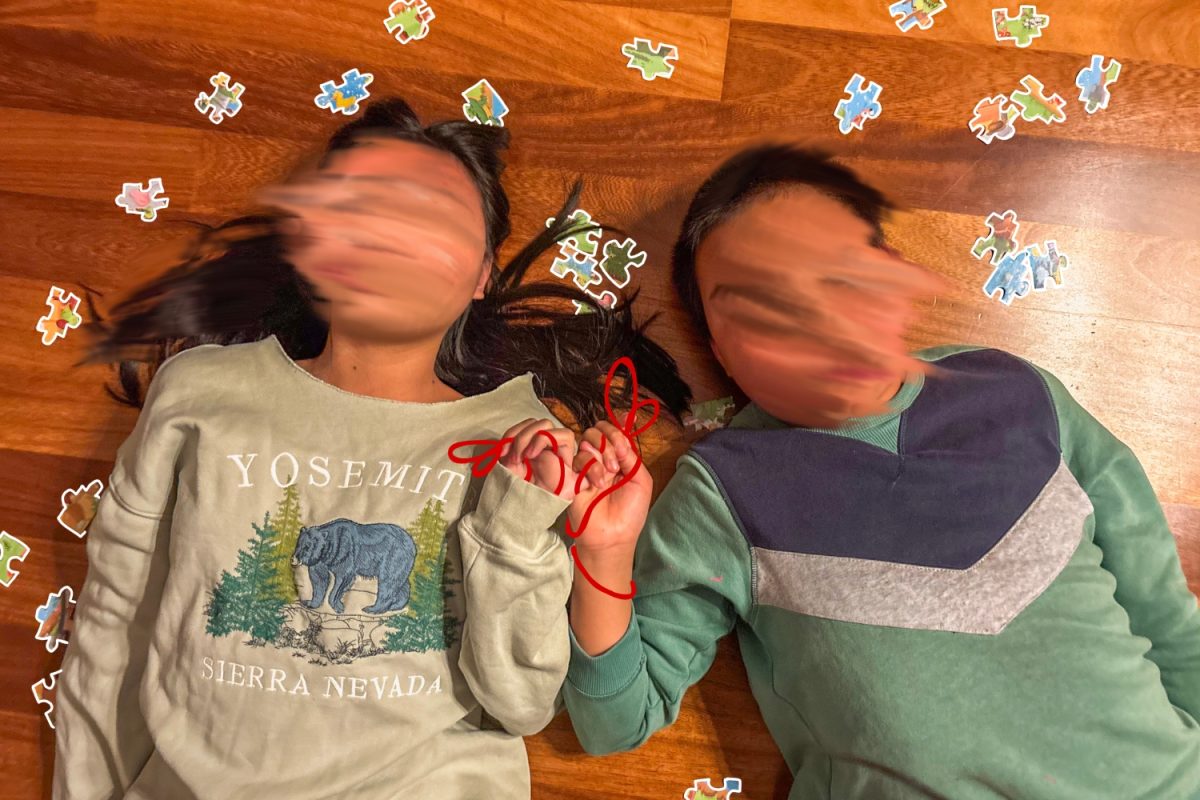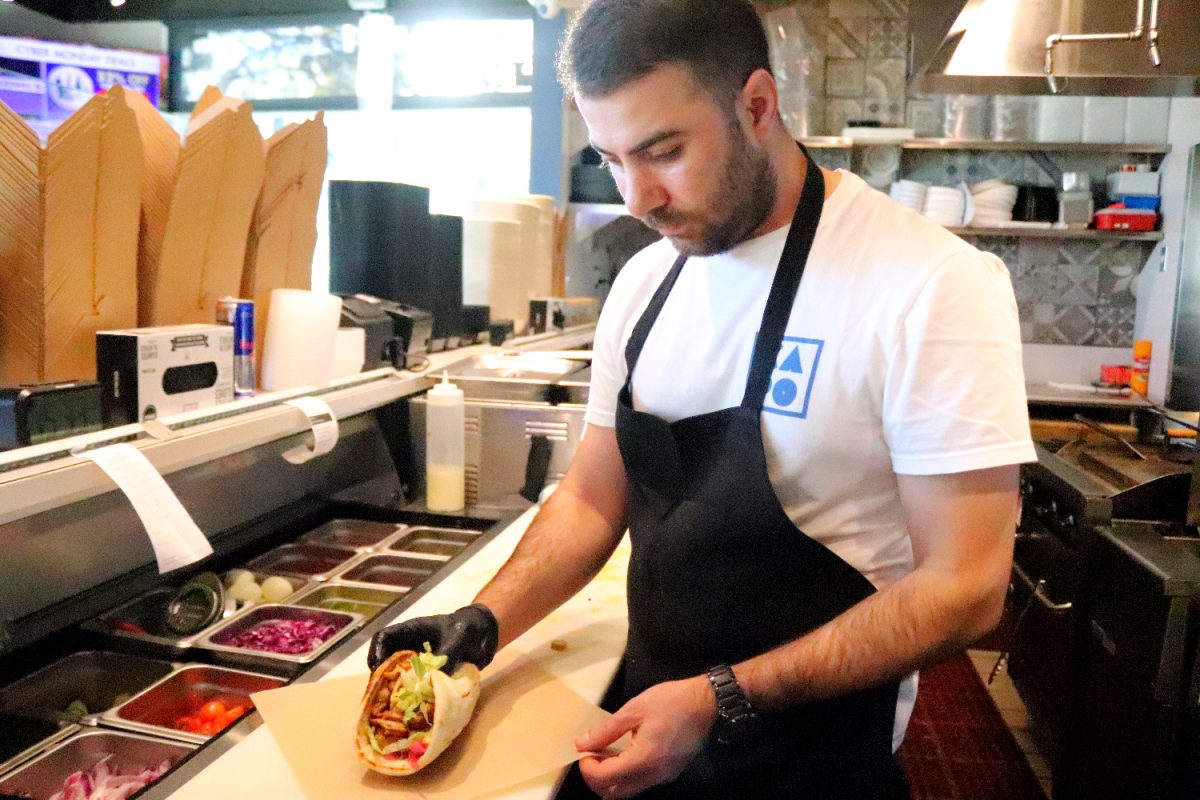It isn’t abnormal to wake up with a sinking feeling in the pit of your stomach.
Perhaps it’s due to the math test you have during second period or the obtrusive spider you see crawling along the crown molding of your ceiling. Or maybe you can’t get yourself out of bed because what if you pick up your phone to see news of yet another school shooting? What if that’s your school today?
However, for sophomore Jane Smith*, waking up provides relief from the countless nightmares that haunt her sleep; nightmares about death, her family leaving her, or losing everyone she knows and loves.
“I went through a phase at some point where I was just absolutely terrified of death,” Smith said. “I don’t think it’s something you should be scared of because it’s inevitable, but it’s something we can’t help fearing.”
Death is not only her biggest fear, but it is believed by Smith to be “the base of everyone’s fears.” Likewise, she isn’t the only one to conclude that all other fears stem from the inevitable occurrence of death. Fears such as heights, spiders, drowning, and failure commonly feel as if they can hurt or even kill you.
Dr. Lindsey Harvell-Bowman, a professor at James Madison University, said, “I am an existential psychologist, so yes, I do think that all fears are caused by the fear of death,” Harvell-Bowman said. “For example, if someone is afraid of the dark … it’s because A, you don’t know what is out there, and B, you have no idea what could happen.”
Harvell-Bowman runs a terror management lab at James Madison University where both undergraduate and graduate students focus on the psychological effects of thinking about death. Their projects include researching suicides at the Golden Gate Bridge, the mental impact of checking a box for organ donation, and the effects of flight anxiety on consumerism and behavior.
Apart from the theory of death being a basis to all fears, Harvell-Bowman expressed that there are other factors that can influence one’s fears on the basis of relativity.
“A person’s environment can play a large role in someone’s fear. In California, you may not be as afraid of earthquakes because you’re used to them. When I experienced my first earthquake in Virginia, I was ready to get on the first plane out of there,” Harvell-Bowman said.
Just before school started in August, Justin Yam, a seventh-grader at Ralston, was on a family vacation in New York City. During their time in the city, the sound of a motorcycle backfire caused masses to flee in a panic, believing it to be a shooting.
“We were walking back to the hotel, and then people around us started screaming and running into any store they could. We hid in a crowded bakery and I remember there were babies and kids crying. Big cities and shootings are probably some of my biggest fears,” Yam said.
Traumatic experiences such as Yam’s cannot be easily forgotten. Dr. Chris Ferguson, a psychologist studying the inactive theory on how violence in video games affects human behavior, said that there are many more additional variables that make up one’s fears.
“We have a genetic and evolutionary predisposition to fear certain things. That’s why people are more likely to be afraid of snakes rather than cars, despite the fact that more people are actually harmed by cars than snakes,” Ferguson said. “Even anxiety disorders tend to run genetically through families. Prior experiences can shape anxiety, and at the extreme, cause conditions such as post-traumatic stress disorder.”
From natural instincts to traumatic experiences to genetic disorders, people’s fears seem to shape many of their thoughts and actions.
“People tend to avoid things they fear. Again, this can be a good or bad depending on how much fear we have and the context of that fear. But it may make important life responsibilities from giving an oral presentation, to changing a job, to asking someone for a date, quite intimidating and even unpleasant,” Ferguson said.
Nobody wants to be held back from significant life experiences, and especially not by a simple fear that isn’t likely to result in harm.
“I know I’m not going to jump out of an airplane for that reason just like most people don’t face their fears. So as we hide from our fears, they get bigger and bigger over time,” Harvell-Bowman said. “You essentially have to go put yourself in that environment, and when nothing happens, you feel better.”
*Due to the sensitive nature of the content, this name has been changed to protect the anonymity of the source.























